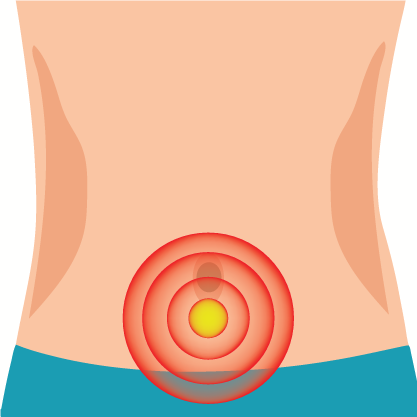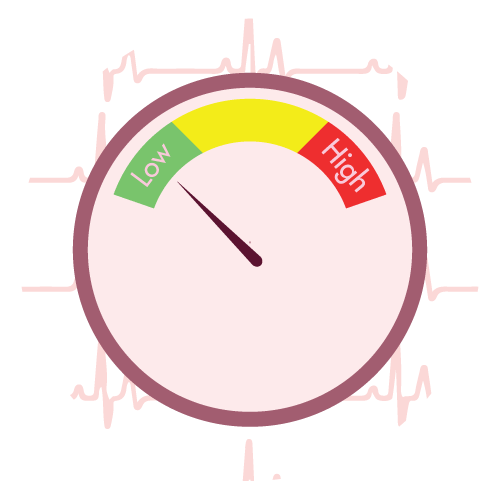| Name | Ramipril |
| Classes |
Cardiovascular Agent Antihypertensive ACE Inhibitor |
| Diseases |
Cardiovascular Disease Congestive Heart Failure (CHF) Hearing Loss Hypertension (High Blood Pressure) |
Ramipril
Ramipril competitively inhibits the conversion of angiotensin I (ATI) to angiotensin II (ATII), thus resulting in reduced ATII levels and aldosterone secretion. It also increases plasma renin activity and bradykinin levels.
Ramipril is indicated for the following cases-
- Hypertension
- Heart failure
- Post myocardial infarction
Ramipril is available as tablets and capsules.
Hypertension:
For patients who are not using a diuretic, a starting dose of 2.5 mg once a day is recommended. Adapt the dose based on the blood pressure response. The normal maintenance dosage range is 2.5 mg to 20 mg per day, either as a single dose or divided into two equal doses.
Reduction in Risk of Myocardial Infarction, Stroke, and Death from Cardiovascular Causes:
Start with 2.5 mg once daily for one week, then 5 mg once daily for the next three weeks, and then gradually increase to a maintenance dose of 10 mg once daily as tolerated.
Congestive heart failure after myocardial infarction:
Ramipril treatment can begin as soon as two days after a myocardial infarction. The suggested starting dose is 2.5 mg twice daily, however if hypotension occurs, the dose should be lowered to 1.25 mg twice daily. The dose is then gradually increased to a target of 5 mg twice daily.
Dosage adjustment:
- The suggested starting dose for people with hypertension and renal impairment is 1.25 mg ramipril once day. The dosage can be increased until blood pressure is under control or until a maximum total daily dose of 5 mg is reached.
- The suggested starting dose for patients with heart failure and renal impairment is 1.25 mg Ramipril once day. Depending on clinical response and tolerability, the dose may be increased to 1.25 mg twice daily, with a maximum dose of 2.5 mg twice daily.
Ramipril has the following side effects-
- Headache
- Dizziness
- Dry cough
- Abdominal pain
- Hypotension
- Angioedema
- Elevated BUN and serum creatinine levels
- When taken throughout the second and third trimesters of pregnancy, ACE inhibitors can harm or even kill the growing fetus. Ramipril should be stopped as soon as possible if pregnancy is discovered.
- Ramipril, like all vasodilators, should be used with caution in individuals who have a blockage in the left ventricle's outflow tract.
- Treatment with angiotensin converting enzyme inhibitors, such as Ramipril, may be associated with oliguria and/or progressive azotemia, as well as acute renal failure and/or death in patients with severe congestive heart failure whose renal function may be dependent on the activity of the renin-angiotensin-aldosterone system.
Contraindication
Ramipril is contraindicated in patients who are hypersensitive to this product or any other ACE inhibitors. For example-
Foods rich in potassium should not be taken with ACE inhibitors.
Patients with a previous or hereditary angioedema should not take Ramipril.
 Bangla
Bangla English
English








